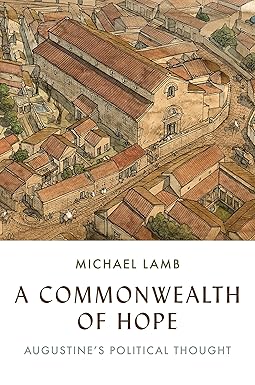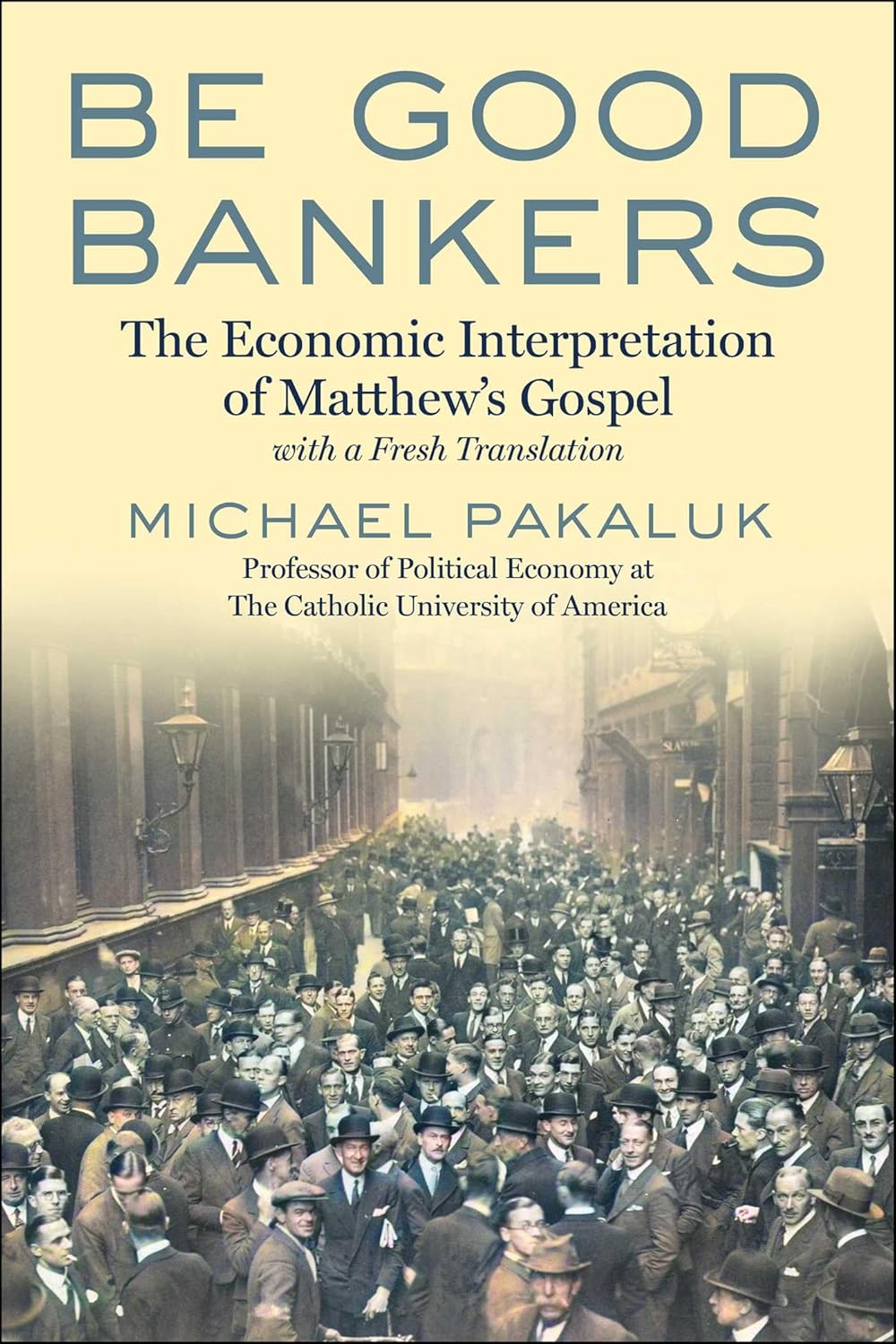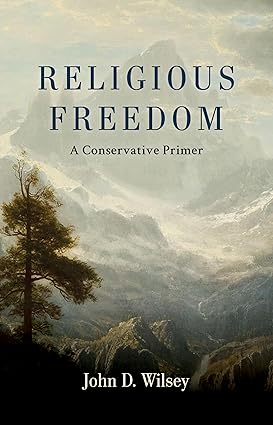About The University Bookman
For six decades, The University Bookman, founded by Russell Kirk, has sought to redeem the time by identifying and discussing those books that diagnose the modern age and support the renewal of culture and the common good. Currently published online, the Bookman continues its mission of examining our times through the prism of what Kirk called the Permanent Things.
Jeffrey O. Nelson, Publisher and Editor-at-Large
Luke C. Sheahan, Editor
David Bonagura, Religion Editor
Darrell Falconburg, Humanities Editor
Isabel Dobbs, Managing Editor
Alvino-Mario Fantini, European Editor
Gerald J. Russello, Editor (2005–2021)†
About the Editor

Sheahan received a PhD and MA in political theory from the Catholic University of America and a B.S. in political science from the Honors College at Oregon State University. From 2016-2018 he was a postdoctoral associate in the Department of Political Science at Duke University and from 2018-2019 he was Associate Director and Post-Doctoral Research Fellow at the Freedom Project, an academic institute at Wellesley College. Sheahan is a five-time recipient of the Humane Studies Fellowship from the Institute for Humane Studies, a 2014 recipient of the Richard M. Weaver Fellowship from the Intercollegiate Studies Institute (ISI), a 2015-2016 recipient of a dissertation research fellowship from the Catholic University of America, and a 2018 recipient of the Leonard Liggio Memorial Fellowship.
Subscription Information
THE UNIVERSITY BOOKMAN (ISSN 0441-9265) is currently published only online. We encourage you to follow us via our RSS subscription feed and on Twitter, and to sign up for our periodic e-mail notification list using the links in the sidebar.
Editorial Information
Editorial correspondence, including manuscript submissions and review copies of books, should begin by e-mailing to bookman.submissions@gmail.com. Potential contributors should download the publication guidelines here.
Reprinting and Reposting
We welcome republication or cross-posting of our content. Our policies require that the republished or cross-posted article or review include only two paragraphs (preferably the first two), with a link to the Bookman site for the full text. While permission to quote an entire article or review may be given on occasion, such permission must be requested of the Editor before publication.
Gifts and Bequests
THE UNIVERSITY BOOKMAN is, in part, sustained by gifts and bequests. Those who wish to support this journal may do so by contributing to the Russell Kirk Center, a tax-exempt, charitable public organization. Benefactions should be addressed to: The Russell Kirk Center, P.O. Box 4, Mecosta, MI 49332. You may also donate online.
Read More Bookman Articles

A Theological Virtue in the Earthly City
“Through the lens of hope, Lamb shows how Augustine allows individuals to belong to the City of God and the Earthly City simultaneously, since all worldly concerns and endeavors are shaped by the love of God and contribute to man’s proper end of union with Him.”

Should We Be Good Bankers?
“Pakaluk argues that the Gospel of Matthew can be understood as two major parts: the crediting and the debiting of salvation by Jesus Christ.”

Aspirational Conservatism
“Developing an expansive vision of aspirational conservatism is the chief theme of Wilsey’s Religious Freedom: A Conservative Primer.